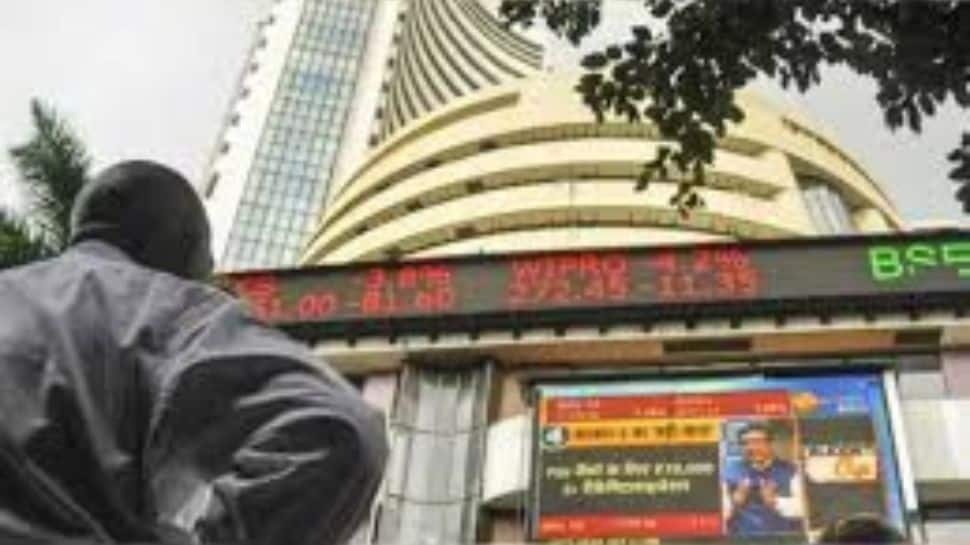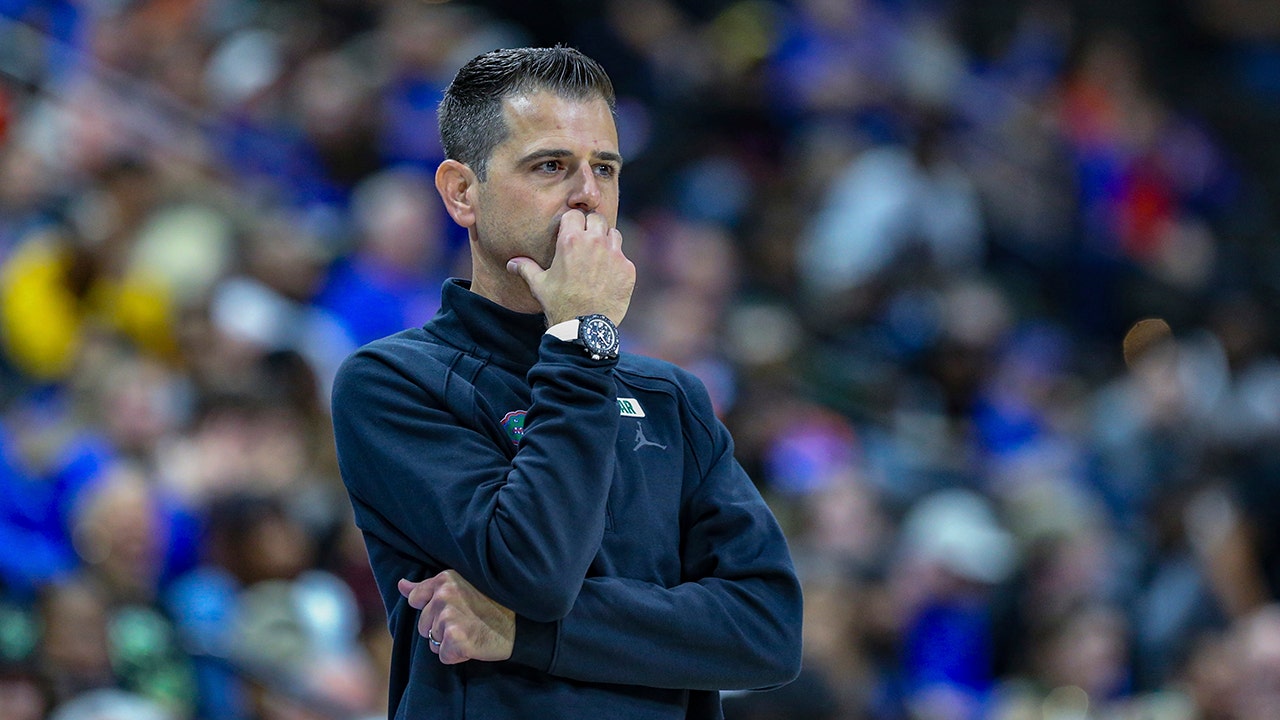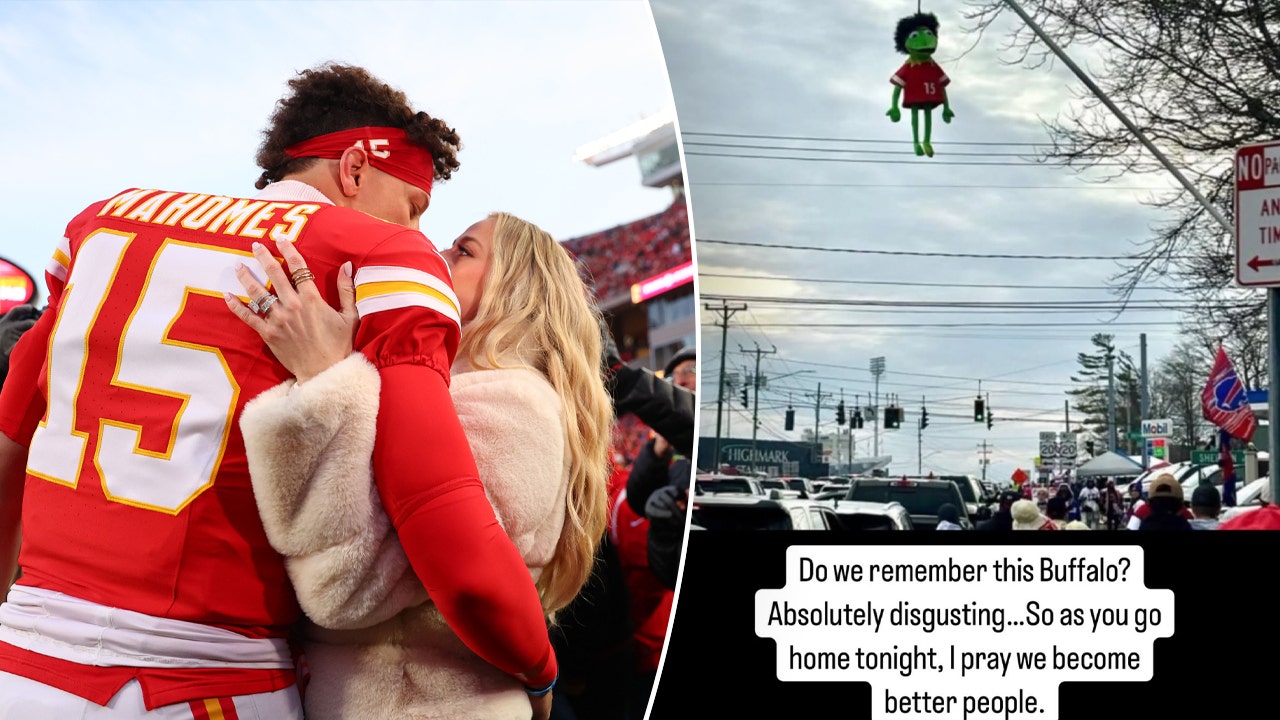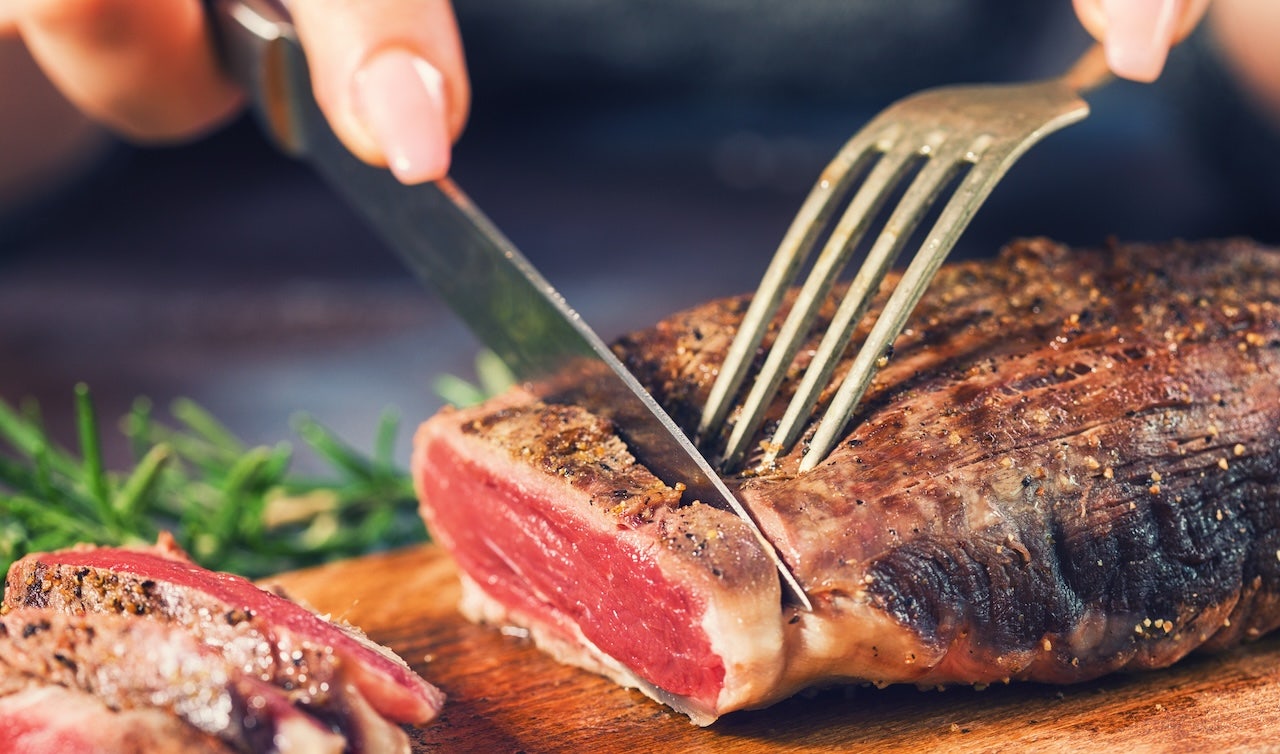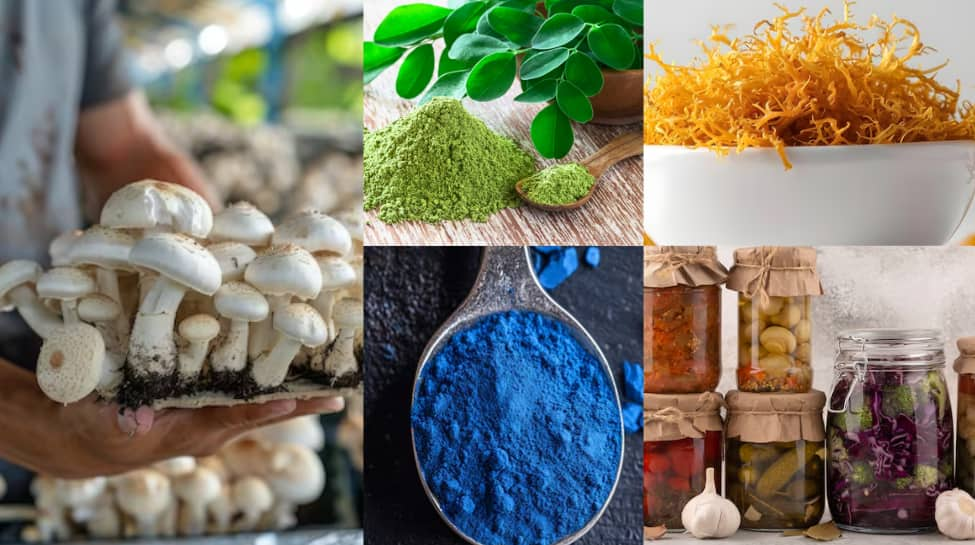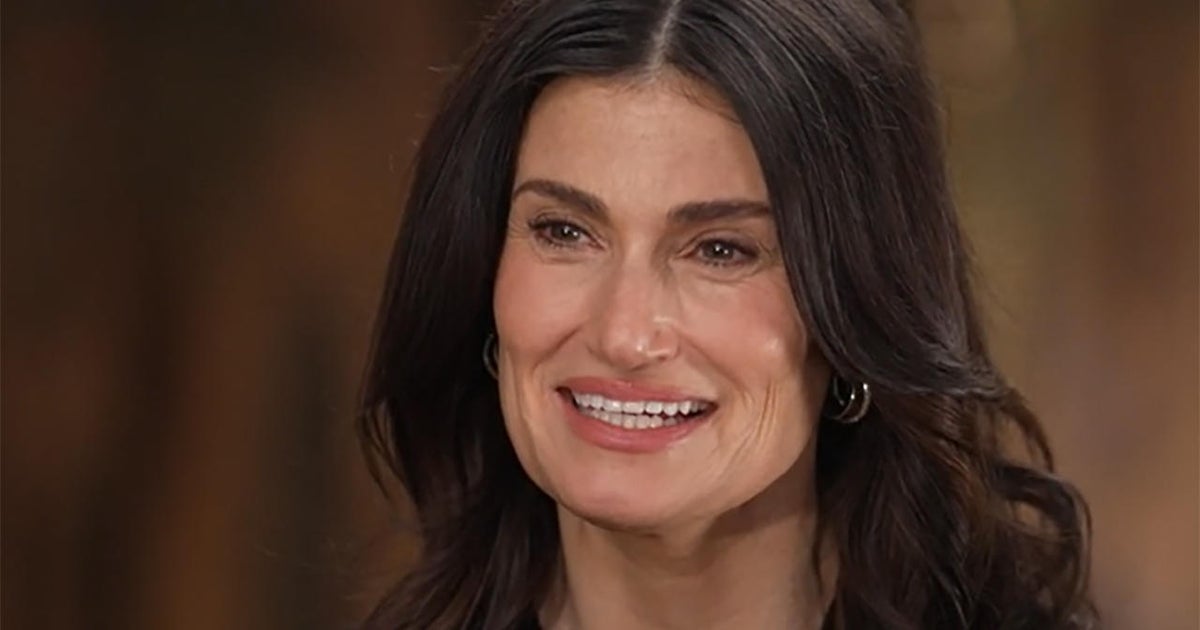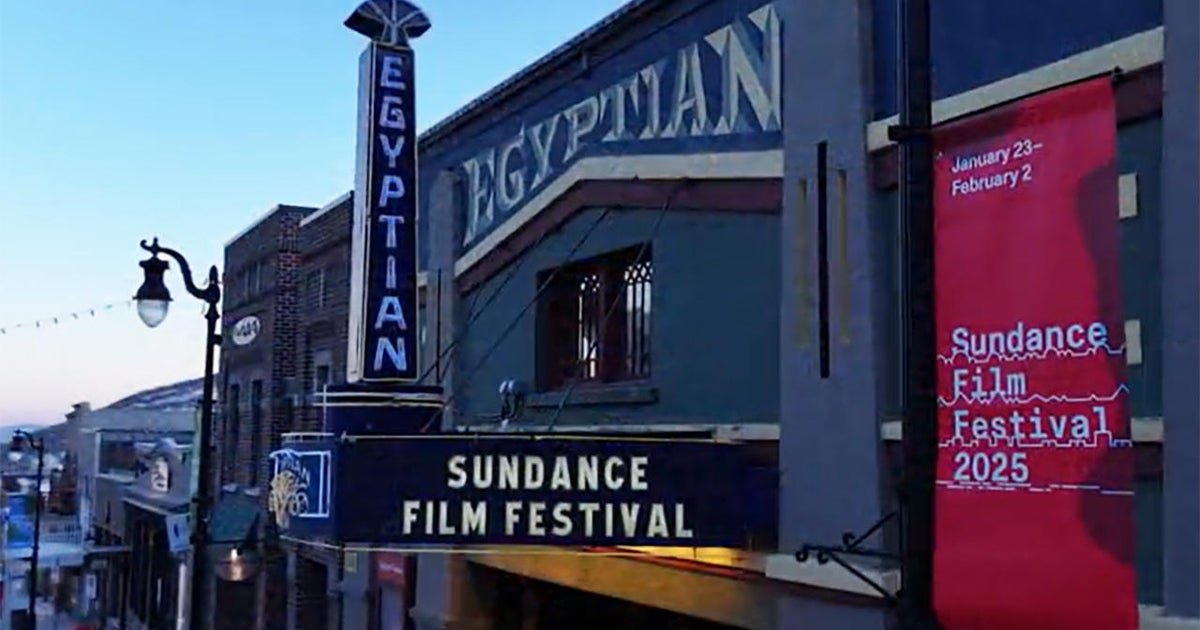Gylan Kain, a Harlem-born poet and performance artist who was a founder of the Last Poets, the spoken-word collective that laid a foundation for rap music starting in the late 1960s by delivering fiery poetic salvos about racism and oppression over pulsing drum beats, died on Feb. 7 in Lelystad, the Netherlands. He was 81.
He died in a nursing home from complications of heart disease, his son Rufus Kain said. His death was not widely reported at the time.
The Last Poets, which originally consisted of Mr. Kain, David Nelson and Abiodun Oyewole, were aligned with the Black Arts Movement — the cultural corollary to the broader Black Power movement of the 1960s and ’70s — of which the activist poet and playwright Amiri Baraka was a central figure.
With their staccato wordplay and sinewy rhythms, the Last Poets were pioneers of performance poetry, spinning out portraits of Black street life that often bristled with the guerrilla spirit of revolution.
They made their public debut on May 19, 1968, in Mount Morris Park, now Marcus Garvey Park, in Harlem, at a celebration of the slain civil rights leader Malcolm X. Less than two months after the assassination of the Rev. Dr. Martin Luther King Jr. in Memphis, it was a fraught period in Black America, but also a time percolating with calls for dramatic change.
“There was such electricity in the air,” Mr. Kain said in “The Last Poets,” a 2002 documentary that includes commentary by Isaac Hayes, Ossie Davis and KRS-One. “There was so much happening in the world of Black consciousness. It was just a good time for Black people to be alive — and young Black people in particular.”
The Last Poets were often deeply confrontational, aiming to shake apolitical Black listeners into action with the most racially charged language possible. Still, Mr. Kain considered himself a poet and not a proselytizer, as evidenced by his lyricism on “James Brown,” one of 18 performances included in the 1970 film “Right On!”:
Cry the pain
Of broken men
That stumble past empty dreams
When night opens wide its mouth
To grind you, swallow you
Into pieces of black dust
Another number featured in that film, “The Shalimar,” used rich and rhythmic language to conjure the scene at a Harlem bar: “The voodoo, hoodoo, what-you-don’t-dare-do people/Move out from the walls, bust up from the floors.”
Two decades later, a snippet from Mr. Kain’s introduction to the track — “like we always do about this time” — wove its way into hip-hop lore, appearing as a sample on Dr. Dre’s landmark 1992 album, “The Chronic,” as well as on “Doggystyle,” Snoop Dogg’s debut album, in 1993.
The Last Poets came to be celebrated as rap progenitors, along with their contemporary Gil Scott-Heron, probably best known for his 1970 tour de force “The Revolution Will Not Be Televised,” who is often called the godfather of rap.
In a 2010 profile of Mr. Scott-Heron in The New Yorker, Chuck D of Public Enemy was quoted as saying that the Last Poets and Mr. Scott-Heron were “not only important; they’re necessary, because they are the roots of rap — taking a word and juxtaposing it into some sort of music.”
“You can go into Ginsberg and the Beat poets and Dylan,” he added, “but Gil Scott-Heron is the manifestation of the modern word. He and the Last Poets set the stage for everyone else.”
Frank Gillen Oates was born on May 26, 1942, in Harlem. He was raised by his mother, Hilda Oates, and spent much of his childhood the South Bronx. As a youth, he attended services in Pentecostal churches, where the thundering oratory showed him at a young age the power that words had to sway hearts and minds.
The family eventually moved to Queens, where he developed a love of theater — Shakespeare in particular — at Long Island City High School. After a stint at Hunter College in Manhattan, he began acting and adopted a new name, a twist on Dylan, in reference to the poet Dylan Thomas, and the biblical figure Cain, whom Albert Camus described as the original rebel.
In 1965, Mr. Kain founded the Far East Theater in the East Village, which featured plays, readings and political symposiums. Before long, he saw a new way to reach Black audiences, drawing inspiration from the Beats, who often performed free verse with a jazz accompaniment.
“I had said to my fellow Black artists down there in the Village, ‘I’m going to go up to Harlem and do poetry for Black people,’” Mr. Kain recalled in the 2002 documentary. “And these fellow Black artists who — at that time, it’s all new, it doesn’t exist yet — they said, ‘Black people don’t like poetry.’
“So I said, ‘They’ll like mine.’”
The Last Poets developed an ardent following. They performed on “Soul!” a television variety show showcasing Black musicians and other artists; at the East Wind, a cultural center on 125th Street that served as their headquarters; and on tours of colleges around the country.
But tensions would soon arise. Mr. Kain chafed at an offer to record an album for a white producer’s label. “I said no because he was a businessman who had no interest in what we collectively were trying to make happen,” he said in the documentary. “The Black Power mandate was that we were going to build our own institutions.”
The group’s lineup evolved, and within two years it had split into two factions fighting for the Last Poets name. Mr. Oyewole, along with Alafia Pudim, Umar Bin Hassan and the drummer Nilaja Obabi, released an album called “The Last Poets” in 1970, while Mr. Kain, Mr. Nelson and Felipe Luciano (the future community activist and television journalist) made it onto vinyl in 1971 as the Original Last Poets on the soundtrack album for “Right On!”
By then, Mr. Kain had already left the group to focus on acting, although he did release a solo album, “The Blue Guerrilla,” which Thom Jurek of AllMusic described as “a freestyle set before such a thing was even a dream.”
“Kain’s one pissed-off cat,” Mr. Jurek said, “raging not only against the usual necessary concerns, but also against the stereotypes in his own community.”
Mr. Kain acted in productions at Joseph Papp’s Public Theater in New York, including “The Black Terror” in 1971, in which he had the lead role as a revolutionary assassin. In his New York Times review, Clive Barnes wrote that Mr. Kain gave “a beautifully understated and thoughtful performance,” adding, “His doubts and worries are always apparent, but so is his withdrawn strength and dignity.”
By 1984, Mr. Kain had grown weary of life in the United States. After the murder of a close friend, he moved to Amsterdam, where he continued to act, perform his poetry and record, including a 1997 solo album, “Feel This.”
Mr. Kain’s marriage to June Lum ended in divorce; they had three children. Along with his son Rufus, from his relationship with Lian Schaab, Mr. Kain’s survivors include two other sons, Khalil Kain and Khayyam Kain, from his marriage; two daughters, Khairah Klein (from his marriage) and Amber Kain (from his relationship with Karen Perry); and seven grandchildren.
Despite their lasting legacy, the Last Poets had little sense of destiny in their earliest days.
“Our first performances were for ourselves, and it went on for weeks and months,” Mr. Kain said in the documentary.
“You play an instrument,” he added, “and you practice it, and nothing’s happening, but you know the scale, and one day, music comes out of it. And I’m saying, one day, music came out of this effort.”









